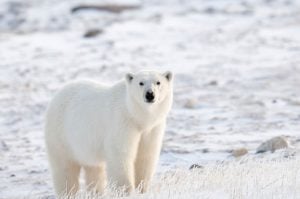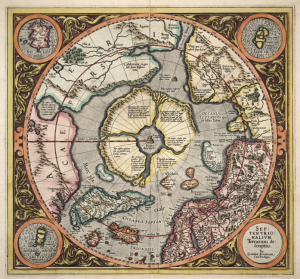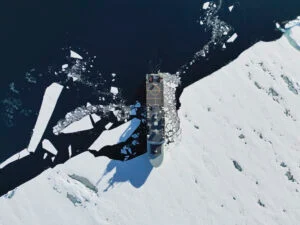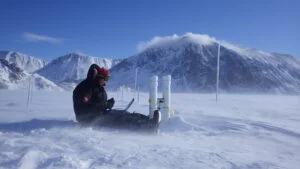Mental wellness, the high cost of living and maximizing the benefits of resource development while minimizing environmental impacts are among the key issues people in Canada’s North face today, a recent Canadian Polar Commission report has concluded.
The State of Northern Knowledge in Canada report, which took 18 month to prepare and was released on April 24, analyzes “the significant gains made since the beginning of International Polar Year 2007 with a view to determining today’s high-level research opportunities,” the CPC said in a statement.
David Scott, the CPC’s executive director, said the report reflects where Northerners themselves feel knowledge gaps exist. “Since it’s Northerners speaking about it, it’s the things that are obviously most important to them.” The report’s authors interviewed 114 northern subject-matter experts, two-thirds of whom live in the Yukon, the Northwest Territories, Nunavut, northern Ontario and northern Quebec.
The report’s conclusions are divided into four main themes: preparing for large-scale resource development; increasing community sustainability; strengthening resilience; and understanding environmental change.
Addressing the community sustainability theme, Scott said smaller northern communities need to transition from the traditional harvesting economy to the wage economy — a process that’s already occurring in urban areas such as Yellowknife and Whitehorse. “Success lies in how well that transition happens,” he said. “It has a potential to be completely disruptive and catastrophic or it can be done on the terms of local people and can be very beneficial.”
Scott noted that the commission’s goal is to have different constituencies use the report. “We want to assist decision-makers in identifying and acting on those key knowledge gaps most critical to Northerners and the Canadian North,” he said in a statement. “For example, it will be a useful resource for those planning the details of the Canadian High Arctic Research Station’s pan-northern science and technology program.”




